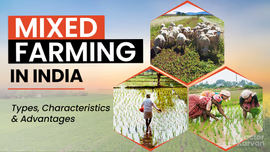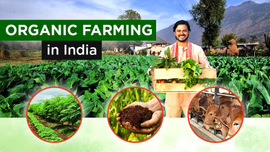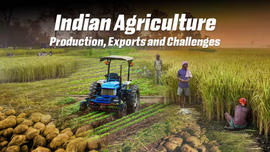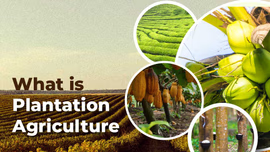
Over the years, the incorporation of technology in everyday tasks has improved their functionality and led us to the digitization era. The technology has now also been introduced in the agricultural sector as digital farming in order to revolutionize this complex sector on which more than 60% of the world population depends for their survival. This blog will explore all the details about digital farming ranging from its introduction and role to types and benefits.
Table of Contents
- Introduction to Digital Farming and Its Role in Agriculture
- The Types of Technologies Used in Digital Farming
- Benefits of Digital Farming
- Conclusion
Introduction to Digital Farming and Its Role in Agriculture
The agricultural sector has gone through three major revolutions till now which have transformed the food production techniques and technologies. The first one is of course when the human beings shifted from hunters and gatherers to settled agriculture for their survival. The second revolution happened with the introduction of tractors and machinery in agriculture. The third revolution witnessed by the agricultural sector was the use of fertilizers and pesticides along with advancements in genetic engineering. Now, the farming industry stands at the cusp of witnessing the fourth revolution which is digital farming.
Digital Farming plays an important role assisting farmers to make more informed decisions, maintain better control over their operations like the accuracy of water and fertilizers amount. Digital technologies in farming can help farmers to plan farming operations, budget, and report along with monitoring multiple farming tasks and their performances. Digital Farming is utilized in different sectors of agriculture like agronomy, livestock facilities, machinery, communication, etc.
The Types of Technologies Used in Digital Farming
Let’s look at some of the key digital technologies in farming that are innovation driven:
Internet of Things (IoT)
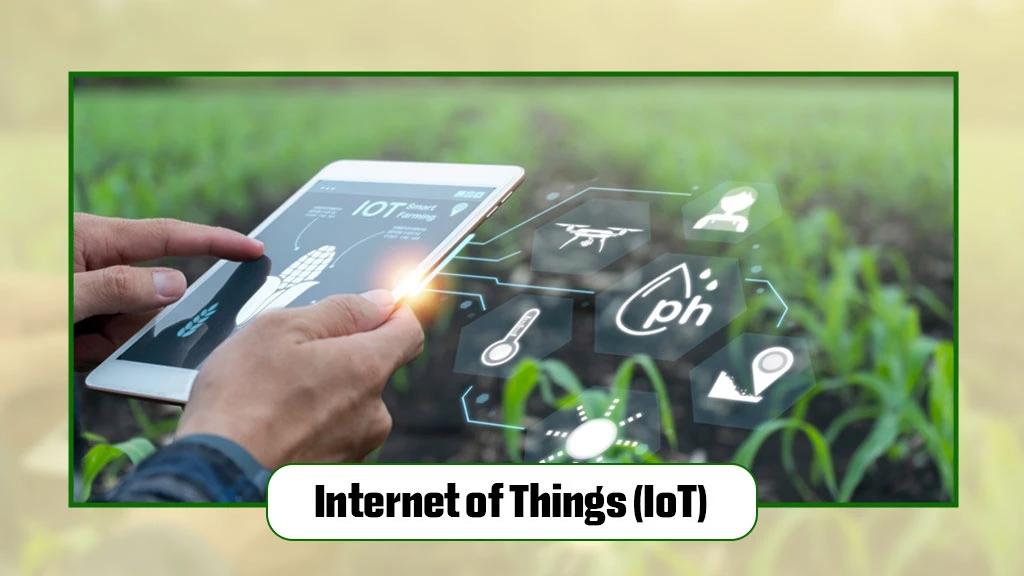
The Internet of Things (IoT) works by connecting devices are responsible for collecting and transmitting data through usage of sensors, trackers and softwares. It helps in monitoring and detecting various factors such as finding out the soil moisture, nutrients, airflow, temperature and other factors. Based on this data, farmers can analyze and make appropriate decisions regarding irrigation, pest management, and crop health.
Artificial Intelligence (AI)
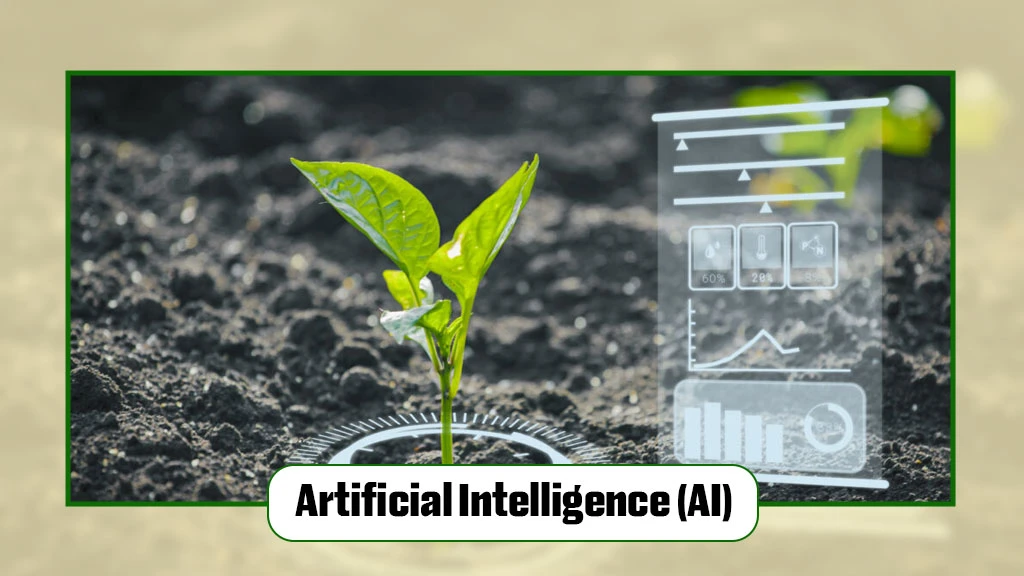
Different AI technologies like predictive analytics and machine learning can analyze the agricultural data and provide important insights. AI can help in yield prediction, crop disease identification, and resource allocation.
Robotics and Automation
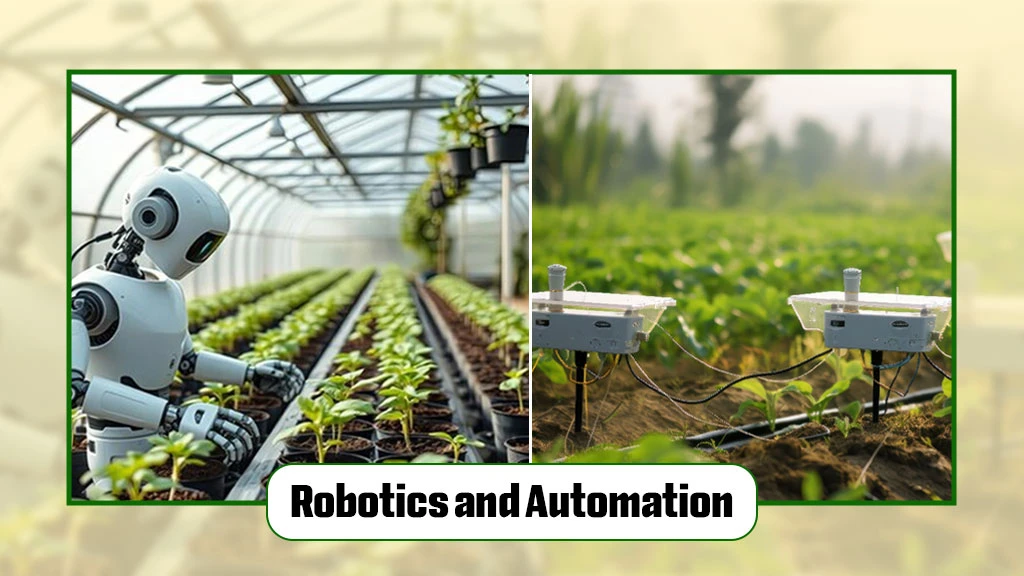
The use of robotics systems has increased in agriculture for different tasks like planting, weeding, and harvesting which improves efficiency, reduces the cost of labor and physical effort of farmers. One of the most common & widely accepted applications of automations in Indian farming is for irrigating the crops.
Farm Management Software and Data Analytics
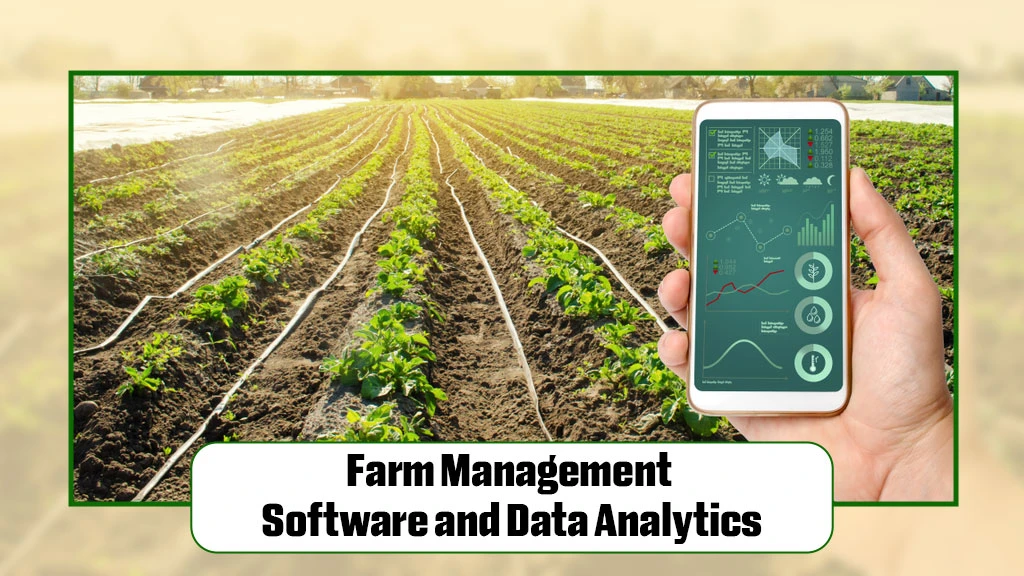
Farm management software helps farmers to enhance productivity and enable data-driven decision-making. All of this is possible because of data analytics which derives meaningful insights for the software. This ultimately supports crop modeling, weather forecasting, and market trends.
Precision Agriculture
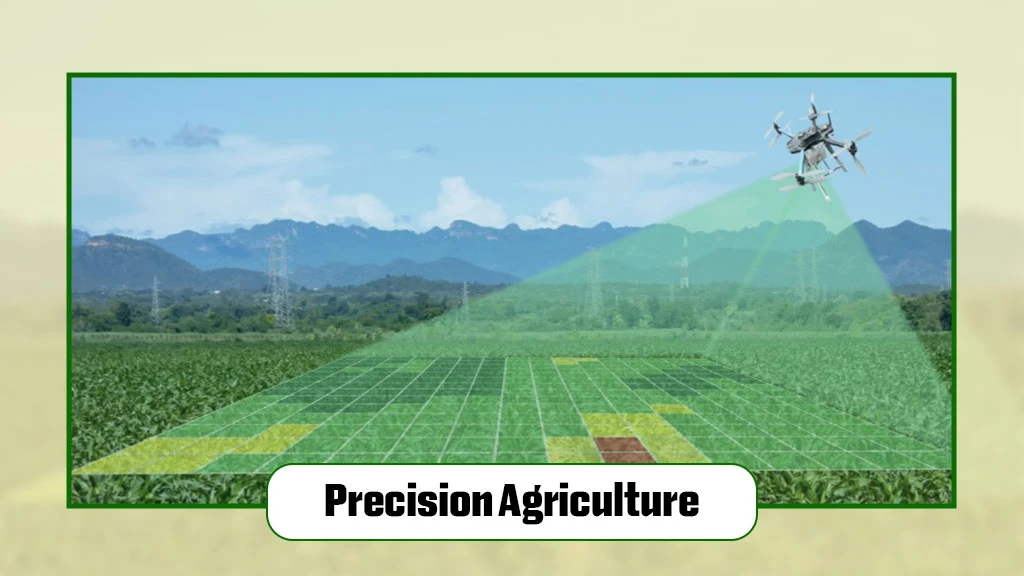
It optimizes agricultural operations by using GPS, GIS, and data analytics. Farmers can maximize their productivity and minimize the resource waste by creating detailed field maps to monitor crop variability and precisely apply fertilizers or pesticides. Today, many Indian farmers are adopting precision farming as resources are depleting and cost of cultivation has been increasing which thus makes Precision Agriculture solutions a great investment! Farmers are using this technology for soil & crop monitoring, optimized fertilizer application, disaster management and land management.
Blockchain Technology

Blockchain basically provides secure and transparent data management systems. It records and verifies each stage of production, processing, and distribution which can boost traceability, supply chain management, and food safety. A more advance technology which has found best application use cases in the limited fields such as in agriculture supply chain for maintaining food safety standards & traceability and in maintaining & tracking land ownership records.
Benefits of Digital Farming
- Farmers can use technology to effectively monitor their livestock and crops with the help of sensors and drones.
- The digital technology provides farmers with valuable and detailed insights which they can utilize to understand their performance for making it better. They get real time inputs on weather, market, and crops. Owing to this, they can interpret the data for making informed decisions on planting, harvesting, pricing, and other concerns.
- The operational efficiency is enhanced because it optimizes the resource utilization. Farmers use fertilizers. Water, pesticides, etc. precisely on the farm which provides improved efficiency.
- Digital platforms provide farmers with the option to directly connect with consumers which helps them to promote their products and expand their market reach.
- The record keeping process becomes more streamlined with digital tools which ensures accurate documentation for financial analysis and traceability. It also helps them identify and manage risks easily.
Conclusion
Digital farming doesn’t only enhance productivity and profitability but also appears as a sustainable approach in a world full of environmental concerns. Although the initial technology investment costs might be a concern for farmers, its long-term time and cost savings overweigh the upfront expenses. This concern also can get resolved if the government provides subsidies to farmers who are willing to digitize their agricultural experience. Digital farming can bloom into its full potential with the government support and collaboration with the technology sector.


Related Blogs
